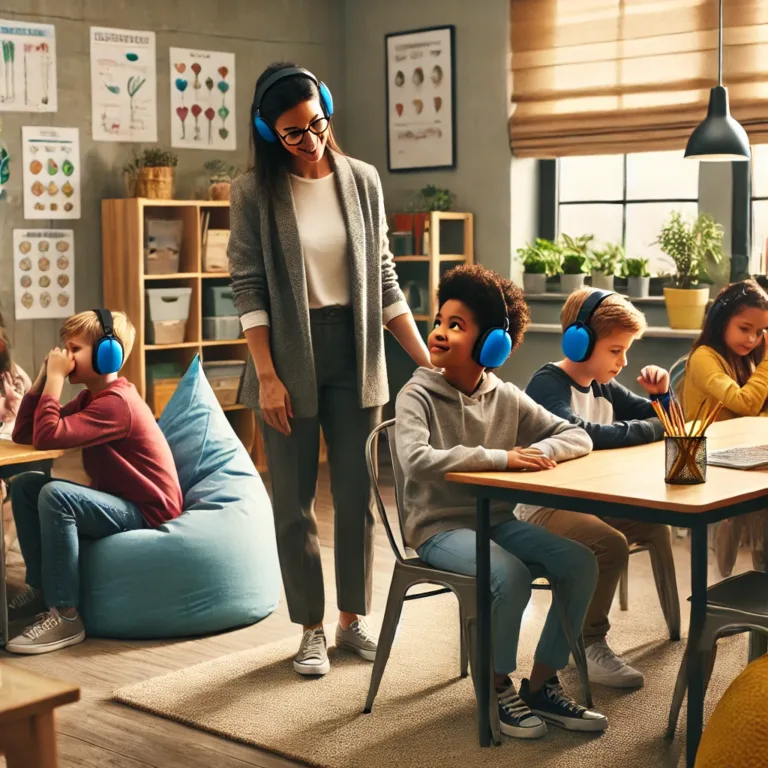No products in the cart.

Learning Differently: Thriving as a Neurodivergent Student in College
For neurodivergent students, entering college can bring a mix of excitement and uncertainty. It is a new chapter filled with opportunities for independence, growth, and exploration. But it also comes with challenges, especially when navigating an environment that often assumes one standard way of learning and interacting.
Neurodivergence includes a range of cognitive and neurological differences, such as ADHD, autism, dyslexia, and others. In college, these differences do not need to be limitations. With the right tools, support systems, and mindset, neurodivergent students can thrive academically and socially.
Understanding the College Landscape
Unlike pre-college education, college places a larger burden on students to advocate for themselves. Professors are not always informed about disabilities unless students choose to disclose them. Services vary from one school to another, and accommodations are often only granted when requested. This shift requires neurodivergent students to navigate systems that may not be automatically inclusive.
However, this is also where the strength of neurodivergent learners shines. Many bring creativity, deep focus on areas of interest, resilience, and out-of-the-box problem-solving to their college experience.
Key Strategies for Success
- Know Your Rights and Resources
Most colleges have a disability services office that provides accommodations like extra time on tests, note-taking support, or access to quiet testing environments. Students must usually provide documentation and meet with staff to develop an accommodation plan. - Develop a Personalized Routine
Traditional study methods do not work for everyone. Neurodivergent students may benefit from visual schedules, digital reminders, chunking assignments into smaller tasks, or studying in sensory-friendly environments. - Leverage Technology Tools
Apps for time management, speech-to-text software, audio notes, and focus timers can help bridge gaps in executive functioning and improve organization and productivity. - Seek Out Supportive Communities
Connecting with other neurodivergent students, whether through formal campus groups or online spaces, can reduce isolation and provide emotional support. It helps to know others are experiencing similar challenges. - Communicate with Professors Early
Initiating respectful, honest conversations about learning needs can help professors understand how to best support a student. Even when official accommodations are not used, some professors may be flexible when students explain what helps them succeed. - Prioritize Mental Health
The pressure of college, combined with the sensory and social demands of campus life, can affect mental well-being. Accessing counseling services, practicing self-care, and setting realistic expectations are all vital parts of a sustainable college experience. - Embrace Strengths, Not Just Challenges
Neurodivergent students often possess unique talents, such as heightened attention to detail, strong memory in areas of interest, or the ability to see connections others may miss. Recognizing and using these strengths can boost confidence and performance.
A Shift in Perspective
Success in college does not mean doing things the same way as everyone else. It means finding what works and using available resources to build a fulfilling academic and social life. Colleges that support neurodivergent students are recognizing that there is no single path to learning, and that diversity in thinking is a strength, not a setback.
By embracing their differences and advocating for their needs, neurodivergent students can move through college not just surviving, but thriving.
Sources:
- National Center for College Students with Disabilities. (2023). Navigating College as a Student with a Disability
- CHADD (Children and Adults with Attention-Deficit/Hyperactivity Disorder). (2024). College Support for Students with ADHD
- Autism Self Advocacy Network. (n.d.). College Resources for Autistic Students



